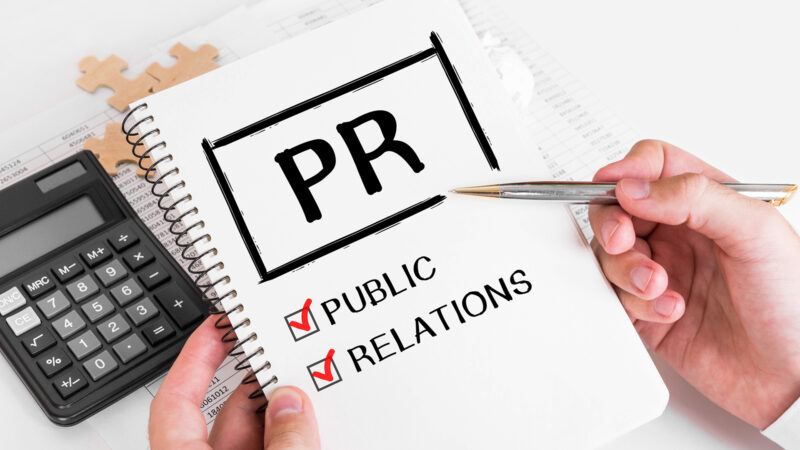In what initially began as a simple exercise of sending news releases, monitoring media, and placing stories, public relations (PR) has shaped into an industry that influences almost every business aspect, reinventing brand communication as we know it. Today, PR Agency, evolving with the ongoing advances in society and technology, has transformed into a strategic communication process that enables modern-day firms to build and strengthen mutually beneficial relationships with their respective audiences.
However, in a country like India that boasts countless news channels and publications, the ability of brands to reach out, engage, and efficiently communicate with the media is often tested. This is where the strong media relations and unrivaled expertise of a PR Agency can come in handy for enterprise businesses. Harnessing the power of media relations, companies can garner positive and noteworthy media appearances, which can, therefore, help position themselves as thought leaders in the industry, strengthen their market positioning, and increase brand awareness.
In today’s fast-paced digital era, effective communication has become the cornerstone of successful public relations strategies. While social media and digital marketing have undoubtedly transformed the landscape, the power of media relations remains paramount. Let’s understand the significance of media relations in public relations, exploring its impact in different areas of the industry.
Building Credibility and Trust
Media relations serve as a vital tool for building credibility and trust. When an organization or individual receives positive coverage from reputable media outlets, it enhances its reputation and fosters trust among its target audience. According to a recent survey by Edelman, a leading global communications firm, 59% of consumers trust traditional media, and 53% trust online media. This demonstrates the enduring influence of the media in shaping public opinion.
Maximizing Reach and Visibility
One of the key advantages of media relations is its ability to maximize reach and visibility. Through strategic media outreach, businesses and individuals can access a wider audience than their existing networks. A study conducted by Nielsen claims that 92% of consumers trust earned media, such as recommendations from journalists, over other forms of advertising across the globe. This statistic highlights the immense potential of media relations for amplifying a brand’s message and attracting new customers.
Crisis Management and Damage Control
Media relations play a crucial role in crisis management and damage control. In times of crisis or negative publicity, an organization’s response can make or break its reputation. By establishing strong relationships with the media beforehand, companies can proactively manage crises and effectively communicate their side of the story. A study by Deloitte revealed that 76% of global organizations believe that being prepared for a crisis through media relations is the most important element of crisis management.
Conclusion
In the ever-evolving landscape of public relations, media relations remains an indispensable tool for establishing credibility, expanding reach, managing crises, and adapting to the digital age. The enduring power of media, both traditional and digital, in shaping public opinion and influencing consumer behavior is evident. By investing in strong media relationships, brands, and thought leaders can secure valuable coverage, build trust, and cultivate a positive reputation. Thus, in our interconnected world, the power of media relations, as an essential component of any comprehensive PR strategy, cannot be underestimated.
